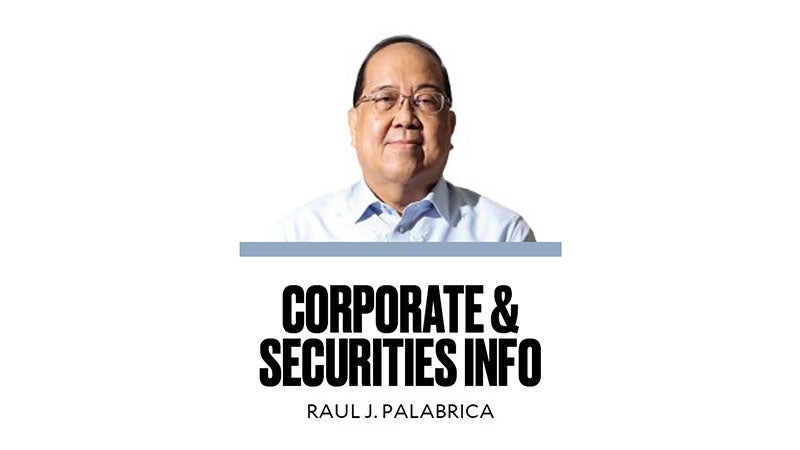AI-assisted investment scams

Today is April Fools’ Day.
It’s the time of the year when practical jokes or hoaxes are played on the unsuspecting by people who want to have fun at the expense of others without any feelings of remorse.
But some people don’t wait for this day to engage in hoaxes or fraudulent acts through the use of artificial intelligence (AI) or a set of technologies that, among others, allow computers to translate and mimic spoken and written language, if they think they can do it with impunity.
Through the use of AI, some unscrupulous parties had made it appear on social media that business tycoons Ramon Ang of San Miguel Corp. and Lance Gokongwei of the Gokongwei Group of Companies, to name a few, are endorsing some investment products.
With their photos gracing the posts and the use of words and phrases that tend to add credibility to their alleged statements, their viewers are inveigled into believing those pitches are genuine.
Ang and Gokongwei had denied making those posts and called on the public not to believe them and be wary about video messages of the same nature or style.
With the easy availability of AI, investment scams and other deceptive marketing schemes are expected to gain more ground on social media to the same degree as fraudulent online banking operations that use short messaging system or text messages.
It is unfortunate that despite repeated warnings by authorities on those illegal activities, many Filipinos, including the highly-educated or those who have easy access to credible information, continue to fall for those tricks.
From the looks of it, the statement attributed to PT Barnum, an American showman in the 1900s, that “there’s a sucker born every minute” continues to hold true up to the present.
The AI-assisted scams, like their predecessors, play on the human nature of greed, or the desire to acquire material things at the easiest means or time possible with hardly breaking a sweat.
The people behind those fraudulent schemes know that the photos of prominent business personalities in their posts tend to make their viewers lower their guard.
The “assurance” by those respected personalities of hefty returns on their investments if they follow their advice works to discourage the viewer from asking for more information about the investment and instead take their endorsement at its face value.
The viewer would probably entertain the thought that if those billionaires say the investment would be profitable, who is he or she to think otherwise. So why not follow their advice and reap the benefits of their proven expertise in business?
It would be like getting easy money from the comfort of his or her home through the use of a computer.
Aside from exploiting the get-rich-quick mentality of many Filipinos, the scammers are banking on their short memory about past incidents of fraud that had bilked countless families of millions of pesos of their hard-earned money.
Note that news about bogus money-making projects, such as Ponzi schemes, investment in unregistered securities and sale of fake gold certificates, that had been caught by authorities often hog the headlines or get prominent treatment in TV and radio newscasts.
The public is warned against falling prey to those scams and advised of the red flags that should put them on notice about their true nature.
After a day or two, or at most a week, interest over those incidents simmer down and the lessons supposed to be learned from those frauds are forgotten. And because they’re out of sight, they tend to be out of mind, too. That scenario works to the advantage of the scammers.
This time around, those dregs of society have added AI to their toolbox of ways and means to steal money from unsuspecting Filipinos. It’s up to the public whether or not to heed the warning of authorities about this latest modus of fraud.
To paraphrase a saying, if an investment proposal is too good to be true, it is not true.





















